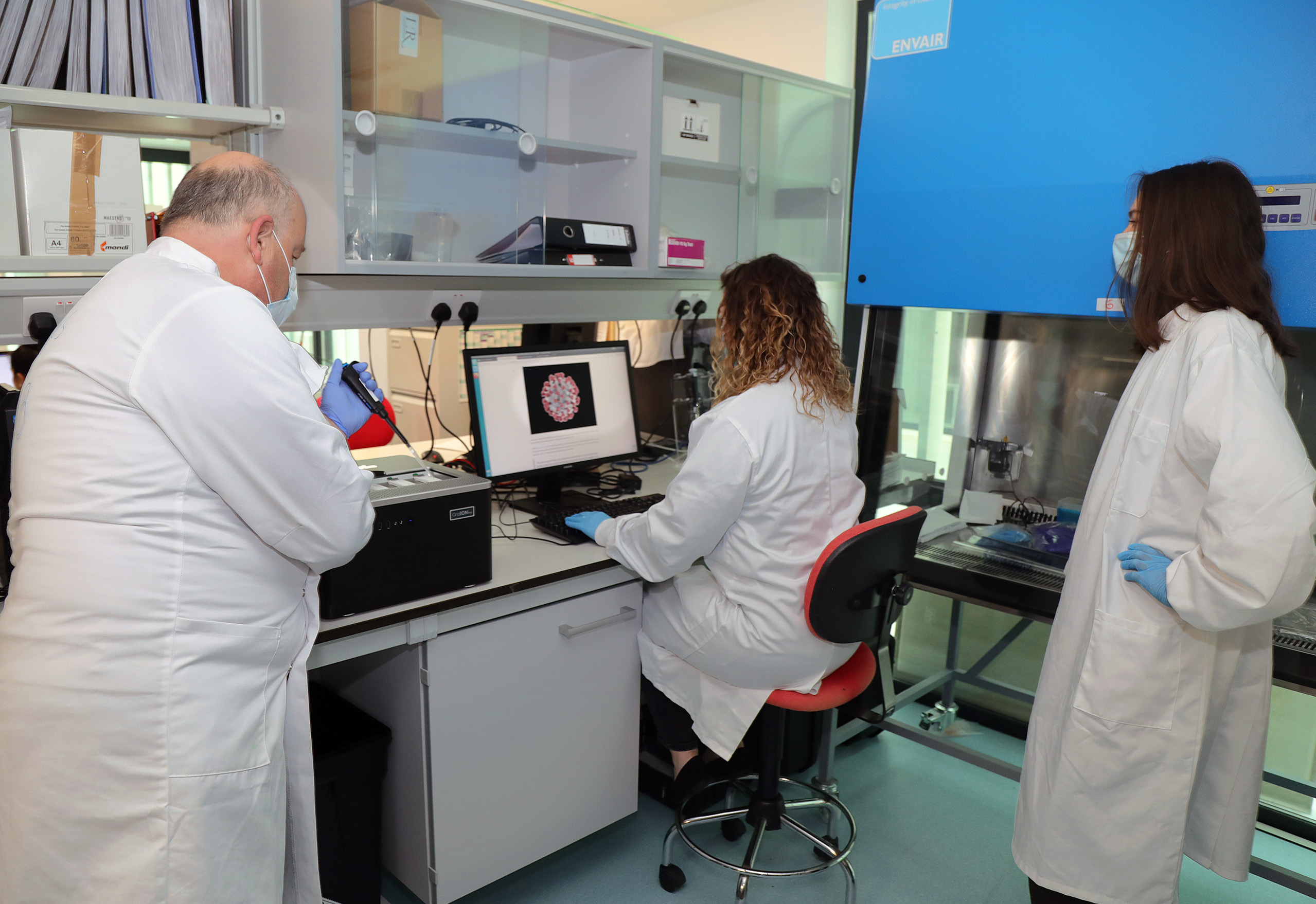THE ARRIVAL of the British variant of COVID-19 has helped to slow down the circulation of other more dangerous mutations in Spain, according to scientists in Sevilla.
The ultra-contagious strain is responsible for 90% of cases across the country but is less serious than others such as the Brazilian, South African, or Indian variants.
It was first detected in September 2020 in south-east England and its rapid spread over the following months was cited as one of the reasons for Brits being banned from travelling into Spain.
But the variant has proven to be far less serious than other variants from Brazil, South Africa and India.
Head of Service at Virgen del Rocío hospital, José Miguel Cisneros, said: “It causes more hospitalisations among non-immunised people, but because it is vaccine-sensitive, we are seeing a collapse in admission of the older population who have received their doses.”
He added “The overall balance is very positive. The worst thing could happen now would be for a new variant to spread and escape the vaccines.”
Despite the positive news, experts have asked that people across Spain must remain cautious.
Miguel Cisneros warned that the Kent variant ‘is very dynamic’ and that scientists will ‘continue to monitor the developments and assume a certain degree of uncertainty.
READ MORE:
- EXPLAINED: What we know about proposed travel rules to Spain under new ‘vaccine passport’ scheme
- ANALYSIS: Will UK’s new travel traffic light system allow holidays to Spain this summer?
- EXPLAINED: What expats need to do to get Covid-19 vaccine in Spain
Click here to read more Health News from The Olive Press.








